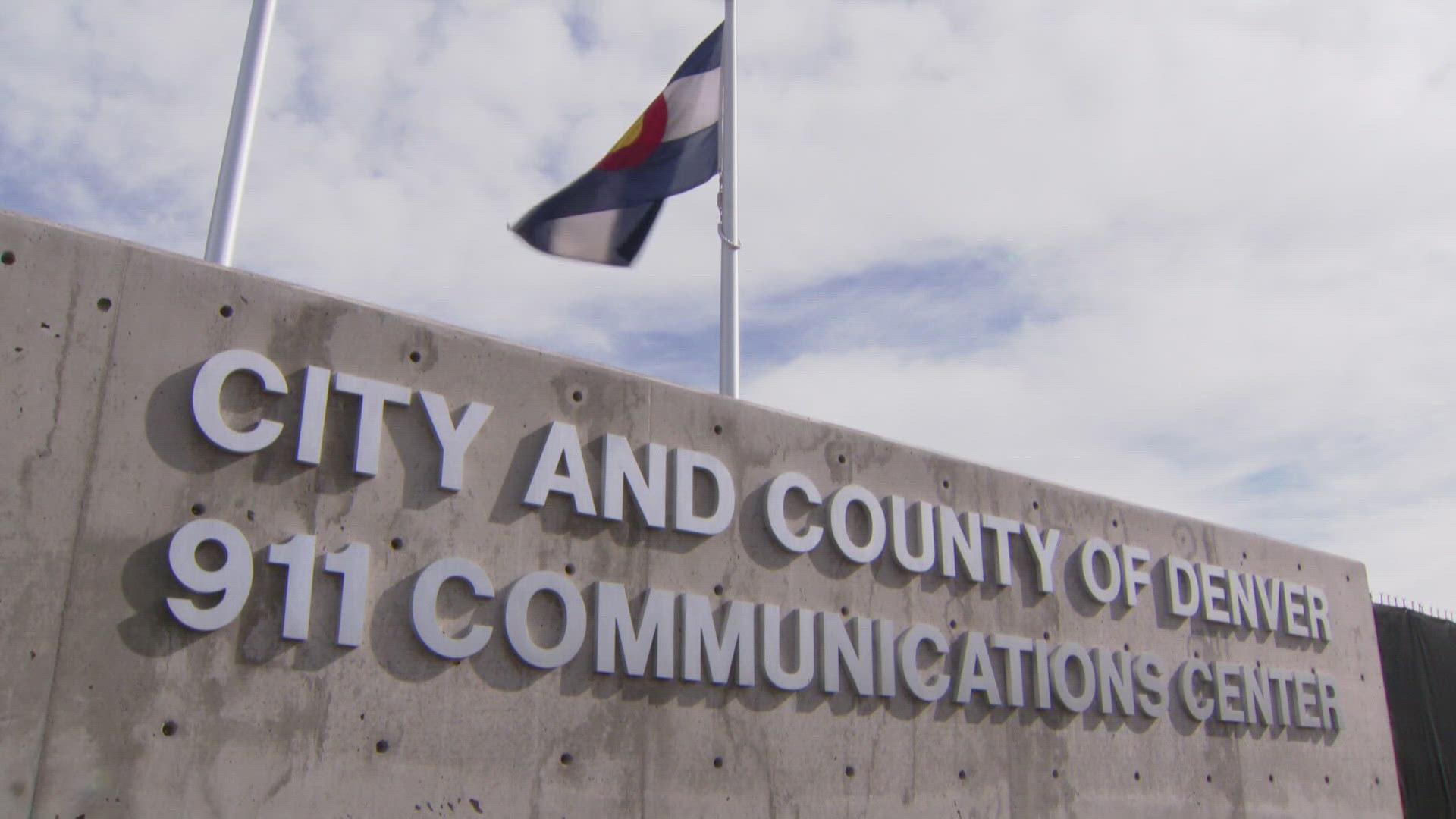DENVER — Denver's STAR program to send mental health help instead of police to some emergencies gets lots of praise. What it doesn't get to - is about half the possible calls. The program missed thousands in 2023.
According to Denver's Department of Public Safety, Denver 911 answered 1,350,546 incoming calls in 2023. Of those calls, 15,125 were deemed eligible for a STAR response, and STAR responded to 7,657 calls, which is 50%.
A call can be deemed eligible for a STAR response regardless of whether STAR is available at the time of the call.
"It points to the need to build capacity to the program," said Vinnie Cervantes, Chair of the STAR Community Advisory Committee, the oversight board that offers input on the program.
The program right now has about 30 team members and eight vans. It isn't enough to help people in crisis.
Cervantes said one of the biggest problems in meeting demand is funding.
"Knowing these are critical issues that people experience – mental health, substance use, poverty-related issues, homelessness-related issues – that they are not getting the help they need," he said. "We know it probably needs three times the funding it has right now."
STAR responds to any person in Denver needing urgent help related to mental health distress, poverty, homelessness, substance misuse and resource needs. The team can offer crisis intervention, transportation and resource connection to community partners.
Evan Thompkins, a STAR program specialist, said they are doing the best they can with the funding they have.
If a team cannot respond to a call, police may go instead, unless the person doesn't want an officer, according to Thompkins.
"They can request a STAR-only response so that either STAR will respond, it will hold until STAR is available or they have the option to have no response at all," he said.
Thousands of calls in 2023 were not answered by STAR. Some came in overnight when no one on the team was working.
"People aren't getting the support when they need it," Cervantes said.
STAR teams work from 6 a.m.-10 p.m. every day. The program said data shows the highest call volume occurs between that timeframe. The goal is to expand to 24/7 coverage when there is capacity.
In 2022, a study by Stanford University found the program reduced crime in the city. In neighborhoods that STAR focused on, lower-level crimes fell by 34%. There were fewer citations, and people were less likely to re-offend because they got the help they needed.
The study also found the STAR program saved taxpayers money. If people were placed into the criminal justice system instead, his team found it would have cost the city nearly four times more.

